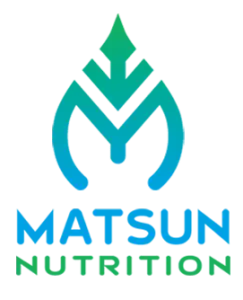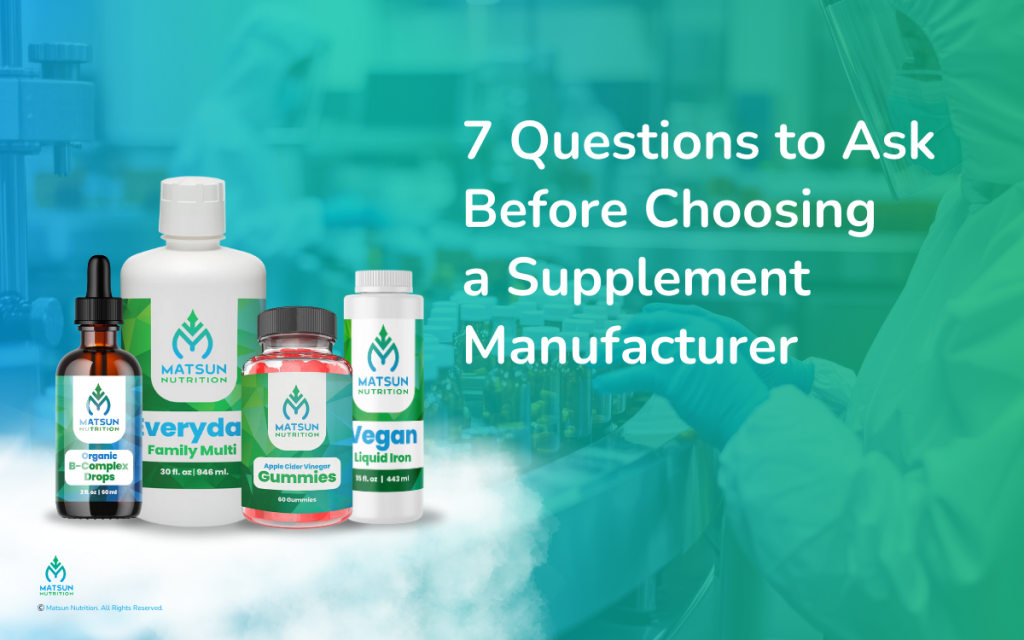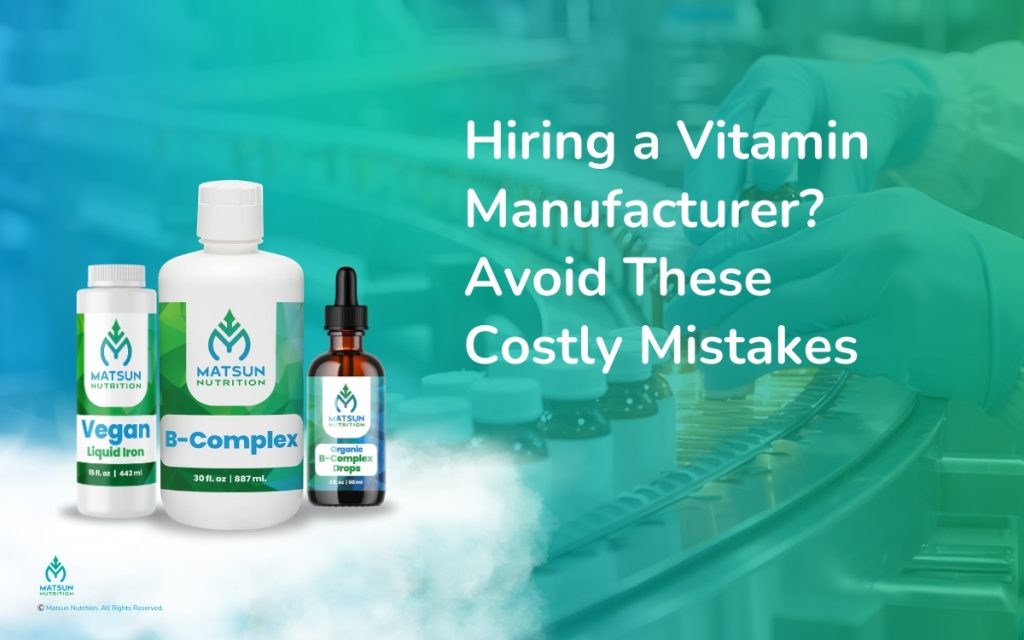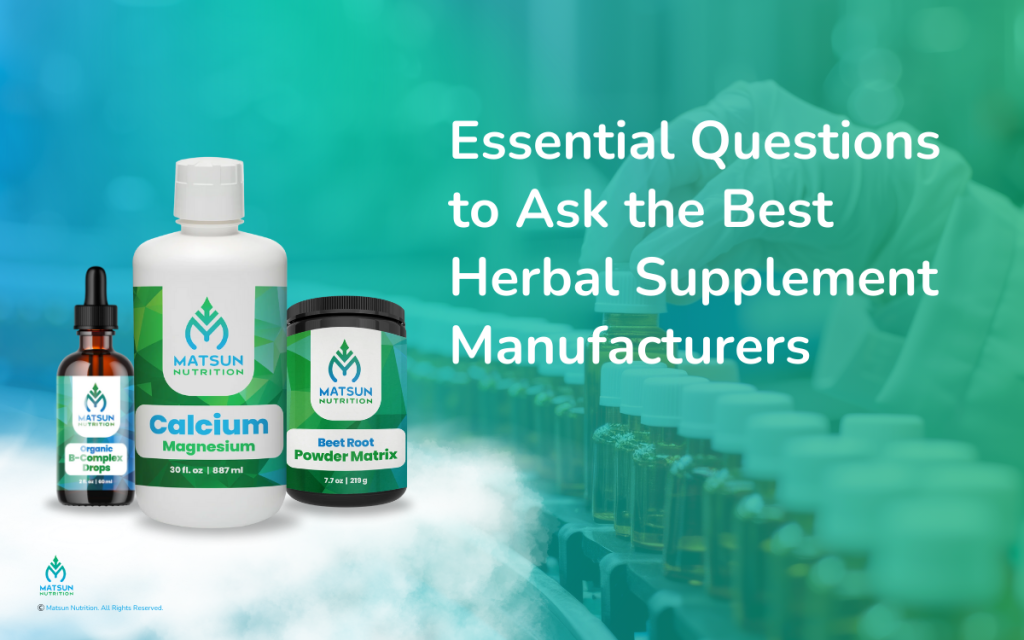Vitamin Contract Manufacturer
For the purpose of addressing and improving a number of dietary and general health issues, nutritional supplements are today quite instrumental for individuals. The growing demand for these crucial products has facilitated the increase a supplement contract manufacturer business, with an organically sourced vitamin contract manufacturer being in the forefront of the supplement manufacturing industry. These nutritional products are in most cases mass produced through biochemical extraction from their natural sources or synthesized through complex series of chemical reactions from precursor ingredients or elements to come up with an end product that is safe and suitable for human consumption in form of pills, tablets, gels, or liquid supplements. They are then tested for safety and efficacy before being packaged, labeled and being released to the market for easy access by the end user.
How Nutritional Supplements Are Produced
You might have consumed nutritional supplements at some point in time or you still are, but how does a reliable vitamin contract manufacturer produce liquid supplements and how is this different from pill and tablet supplement manufacturing? Well, the processes are quite complex and lengthy, some of them taking about 5 weeks to as long as 2 months or more to be produced into the finished product. To make it a bit easier for you, here are some of the major phases used by vitamin contract manufacturers in the production of liquid supplements and how it is different from that of supplement manufacturing of pills and tablets. However, this article mainly concentrates on supplements sourced from organic or natural origins.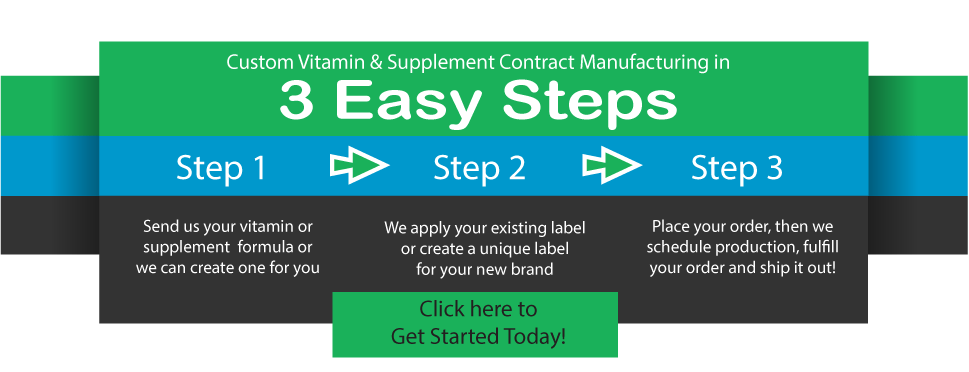
Development of a Liquid Supplement Formula
Guided by tested scientific research and nutritional health facts, a formula for the intended product is developed by a team of highly experienced dietary supplement experts. Reputable supplement contract manufacturers ensure that the formula factors in a number of important elements of safety and quality, along with raw materials, state and form of the finished product, its efficacy, directions of use, preservation period and such. They also ensure that quality assurance tests are scheduled to be done all through the production process. Nutritional supplements may not be subjected to human testing for efficacy, but their safety must be assured even before supplement manufacturing begins.
Raw Material Processing or Precursor Ingredients
The organic raw material is obtained and processed in preparation for extraction of the active ingredient(s) as the starting point of the supplement manufacturing process in the case of natural nutritional liquid supplements. Especially for a vitamin contract manufacturer, a professional supplement contract manufacturer understands the need for preserving the nutrients as they are in the raw material and thus has standard guidelines in place that are geared to see that the supplements are effective for intended purposes of the finished product (liquid supplement).
Raw material preparation involves cleaning and testing for toxicity further before processing. Some of the natural raw materials may include herbal plants, some types of fruits, vegetables, some animal tissues and more. However, some supplement contract manufacturers also use chemical synthesis processes, whereby the end product is chemically synthesized from a number of reactants under controlled conditions. Especially for vitamins, some liquid supplements are also produced through microbial fermentation where some select important bacteria are used to mass produce the essential nutritional liquid supplements.
Extraction, Processing, and Packaging of Active Ingredient’s
Extraction normally involves a series of processes, which may include grinding, blending and mixing, where some organic compounds may be used to isolate the main ingredient(s). A series of biological and phytochemical separation techniques such as High-Performance Liquid Chromatography (HPLC) may be used to isolate the main active ingredients in concentrated amounts. Depending on the final state of the required ingredient, appropriate dilution and mixing, mostly with neutral substances may be done to bring the product to required thresholds. It may then be subjected to binding ingredients that will leave it in liquid form. After the last run of QA tests, the finished product is then packaged in the appropriate bottles or containers, sealed and packed into storage friendly boxes ready for distribution.
Conditions and Quality Standards
A reliable supplement contract manufacturer will always ensure that the whole process occurs in a stable controlled environment. The production process is also subjected to regular QC checks and tests, allowing the nutritional or vitamin contract manufacturer to eliminate the possibility of product intoxication or flaws in production, which would then mean losses for them as the product cannot be released to the market for human consumption if it isn’t compliant with the required quality standards.
The Main Differences between Liquid Supplements and Solid Pills/Tablets in Production and Function
The main difference between liquid and solid form of nutritional supplements is that tablets and pills may contain more additives during binding and processing than the liquid form, meaning that liquid supplements may be more effective if well extracted. Also, the production of tablets and capsules also involves subjecting the final ingredient in tableting or encapsulating machines, meaning that it can be more involving and time-consuming. Apart from the fact that liquid supplements are more easily and quickly absorbed into the human body, they are less likely to contain unnecessary ingredients or fillers. They are also easier to take and control dosages for.
